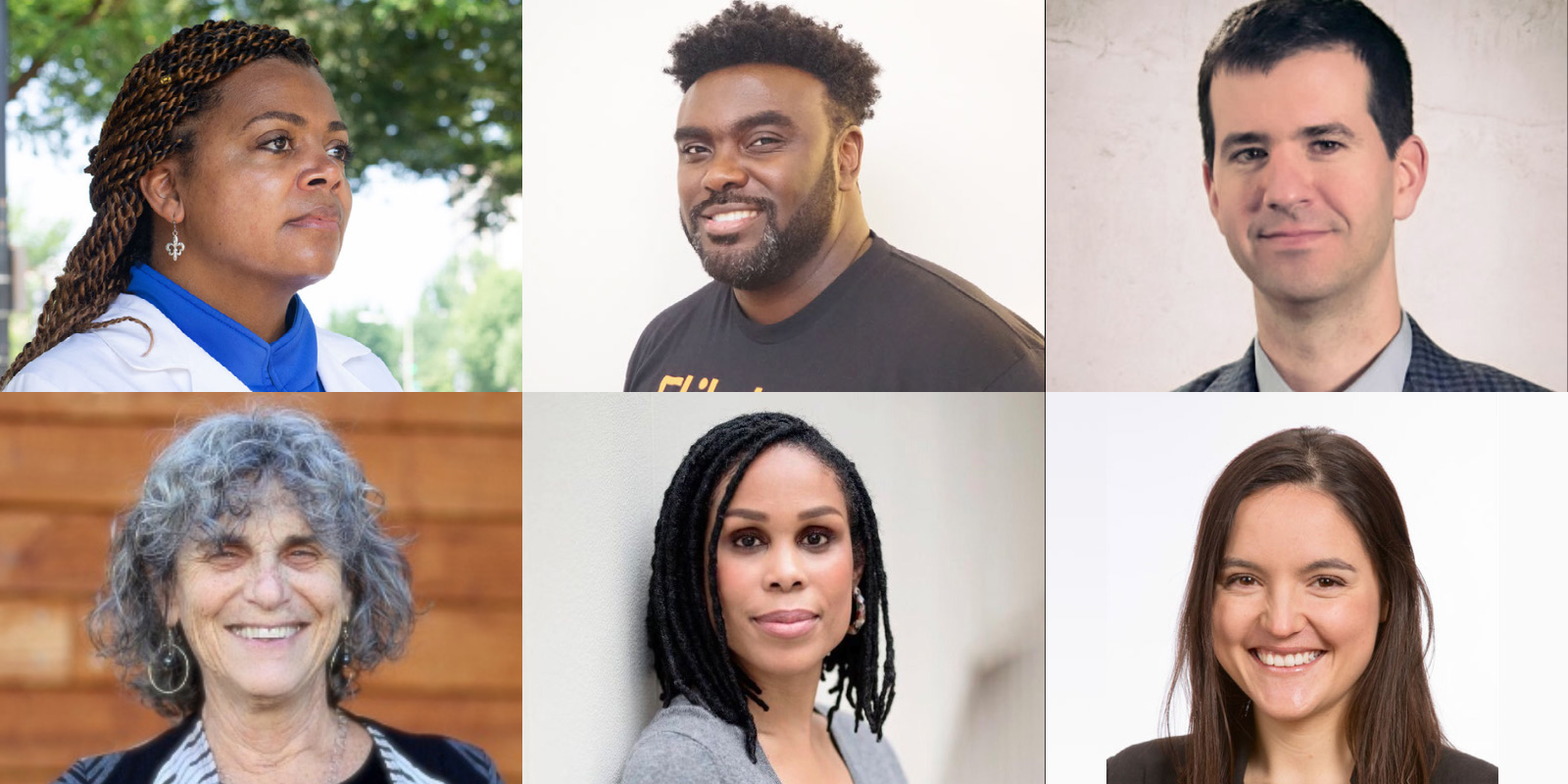Early Learning Nation explores the world of early learning by connecting with advocates, community leaders, early learning professionals, parents and caretakers, national policymakers and scientists.
In our new series, six top voices from the field discuss a single topic through many lens. This month’s topic? Inequity. Here are our experts:
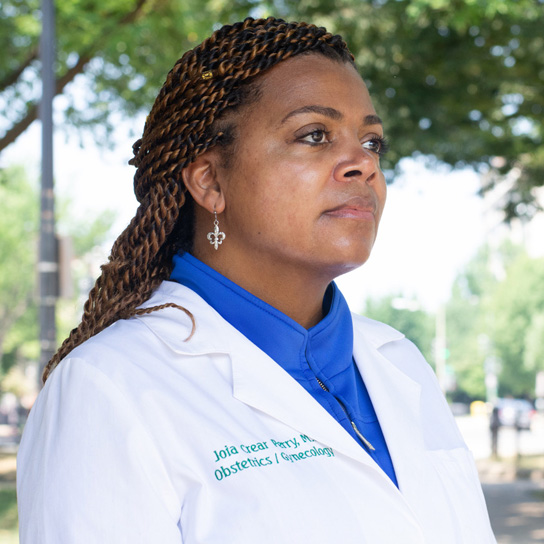  Dr. Joia Adele Crear-Perry, M.D. is founder and president of the National Birth Equity Collaborative, which creates solutions that optimize Black maternal and infant health through training, policy advocacy, research and community-centered collaboration. Dr. Joia Adele Crear-Perry, M.D. is founder and president of the National Birth Equity Collaborative, which creates solutions that optimize Black maternal and infant health through training, policy advocacy, research and community-centered collaboration. |
Dr. Joia Adele Crear-Perry, M.D.: Fighting Inequity in Maternal and Child Health
It’s no secret that the U.S. has the highest maternal/infant mortality rates compared to other developed countries. Those high rates can be attributed to many issues—how women are valued, the lack of pregnancy support and postpartum care, access to quality childcare or paid leave. Attacking these problems head-on without an anti-racist or intersectional framework makes no dent in the racial disparities between white and Black birthing people. Black birthing people are 3-4 times more likely to die due to a pregnancy-related complication. But the problem isn’t race; at the root of this inequity is structural and systemic racism. At the National Birth Equity Collaborative, we define Birth Equity as “the assurance of the conditions of optimal births and well-being for all people with a willingness to address racial and social inequalities in a sustained effort.” No one should ever worry about the quality of care they will get when building their family, at any stage of the pregnancy or postpartum period. In order to even begin to address inequities in maternal and child health, we must address the root cause—racism! We must invest in a respectful maternity care framework to improve healthcare systems’ commitment to provide the highest quality health care, where all birthing people feel valued and supported, treated with dignity and respect no matter their race. View Dr. Crear-Perry discussing bias in maternal health for the Gates Foundation’s Goalkeepers series. |
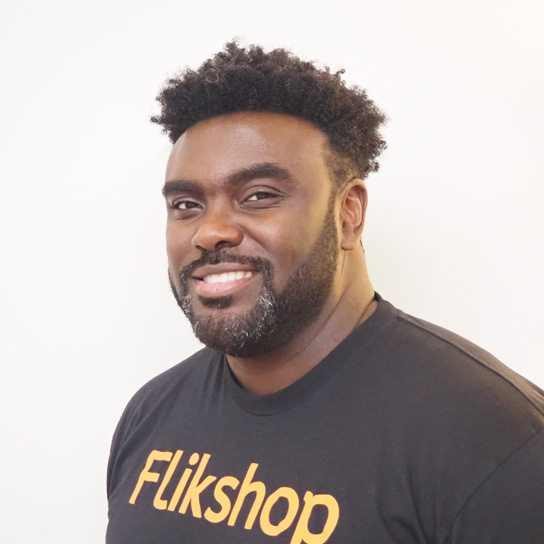 
Marcus Bullock is a justice reform advocate, public speaker and entrepreneur. Bullock is founder and CEO of Flikshop, a free mobile app that helps incarcerated people stay connected to their families and build community. Via Flikshop, prisoners and families can send personalized postcards to any person in any cell in the United States with the mission of using social connections to decrease recidivism. Forbes calls the app “Instagram for prisons.” Following his 2004 release from prison, he launched a construction business that grew to employ other returning citizens. |
Marcus Bullock: Strengthening Families in Incarceration
Flikshop was designed to help keep families connected during incarceration. This includes a massive group of parents that are locked away in cells and have not seen their children in months…some have not seen their children in years or even decades. After witnessing firsthand how many relationships I rekindled as a result of quick posts and community that we built on social media, we knew we had to focus many of our resources on helping to keep our children connected to their moms and dads. We absolutely LOVE that our families are leveraging our mobile apps to stay connected to their loved ones—and even parenting from incarceration—as this is the time we all recognize that a small message of love or support can completely make your day. I’m just happy that Flikshop can contribute to so many families during the hardest time of their lives. |
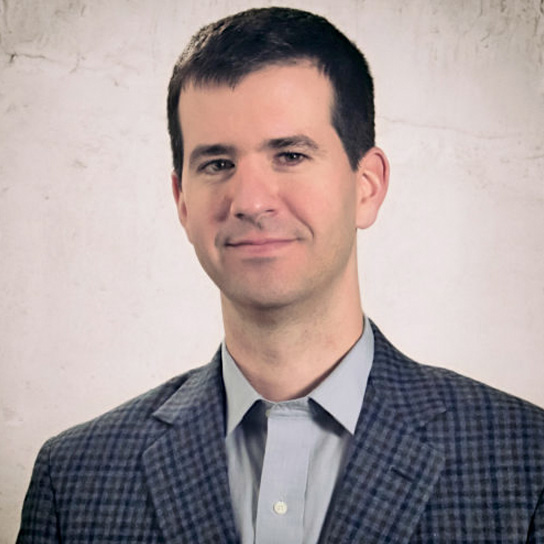 
Richard T. Cullen is the executive director of Connect Americans Now, a coalition of more than 275 companies and organizations representing voices for agriculture, health care, education, small business, technology, veterans, rural advocacy and more, committed to supporting an all-of-the-above approach to eliminating the digital divide. |
Richard Cullen: Fighting for Broadband for All: Bridging the Digital Divide Critical for America’s Students
In the 21st century economy, classroom and health care facility, broadband connectivity is as essential as electricity or water. Yet, too many Americans remain stuck behind the digital divide without access to broadband internet or without the means to afford reliable service. For the millions of Americans who lack access to a broadband connection, the pandemic has exacerbated the many challenges associated with the digital divide. This is especially true for America’s students. Students without broadband at home can struggle to keep up with remote learning and those who have returned to in-person class must still grapple with the homework gap — the barrier to success for students who lack broadband at home when 70 percent of teachers assign homework that requires a broadband connection. This creates a disparity between the haves, those students with broadband at home, and the have-nots, those students living in unserved rural communities or who lack the means to afford broadband service. To keep up, too many students are forced to complete homework in school parking lots or fast food restaurants. These students cannot wait five years. Congress must now take bold and decisive action by allocating the funding necessary to completely eliminate the digital divide. Read “Rural Broadband and Telehealth Critical to America’s COVID-19 Response” by Richard Cullen. |
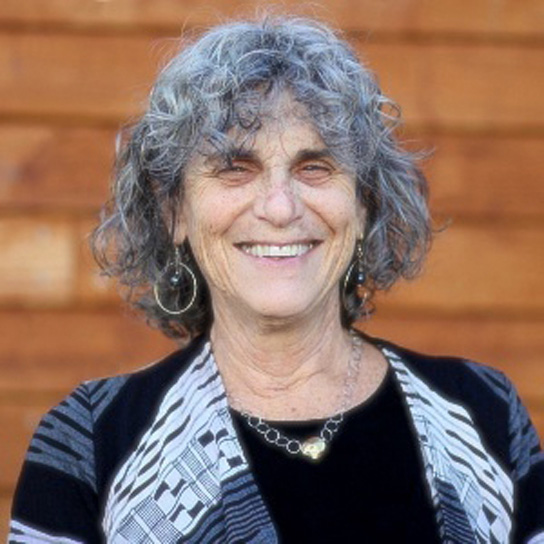 
Marcy Whitebook is an author, professor, researcher and Director Emerita of the Center for the Study of Child Care Employment at the University of California, Berkeley. She also founded the Washington-based Center for the Child Care Workforce (CCW), an organization she began in 1977 as the Child Care Employee Project. |
Marcy Whitebook, Ph.D.: Pay Inequity in Early Childhood
Those who teach and care for young children are among the lowest paid workers in every state. Early educators are more likely to be women and Black or Latinx than teachers of older children, and they experience poverty at rates that are four to fourteen times higher than K-12 teachers. Across different types of settings and job roles, Black early educators are paid on average $0.78 less per hour than their white peers, and the gap widens based on the age of children they teach. Black early educators earn $0.77 less per hour on average than other infant-and-toddler teachers; among preschool teachers, this wage gap widens to $1.71 per hour. Additionally, early educators are far less likely than K-12 teachers to have health coverage or paid sick leave should they become infected during the pandemic. And these dangers are heightened for Black and Latinx early educators, who face higher community death rates from COVID-19. Increased recognition and appreciation for their labor during this time of crisis—without appropriate pay, health care, and personal protective equipment (PPE)—continues the historic undervaluing of labor performed by women and minorities, and the enduring disregard for the well-being of early educators. It must end. Read “California Child Care on the Brink in the Face of COVID-19” by Professor Marcy Whitebook. |
 
Dr. Uché Blackstock, M.D. is a Harvard-educated, Board-certified Emergency Medicine physician, passionate about equity and justice in healthcare and society. She is founder and CEO of Advancing Health Equity to equip healthcare organizations with the tools needed to provide equitable care.
|
Dr. Uché Blackstock, M.D.: COVID-19: The Pandemic of Inequities
I have called the COVID-19 pandemic, ‘The Pandemic of Inequities’ because Black Americans have borne the most disproportionate impact, resulting in the highest mortality rate, as a result of multiple factors related to systemic racism, including lack of access to testing, a higher chronic disease burden, racial bias within health care institutions and other factors related to employment and housing insecurity. Video: The Role of Play in Early Learning |
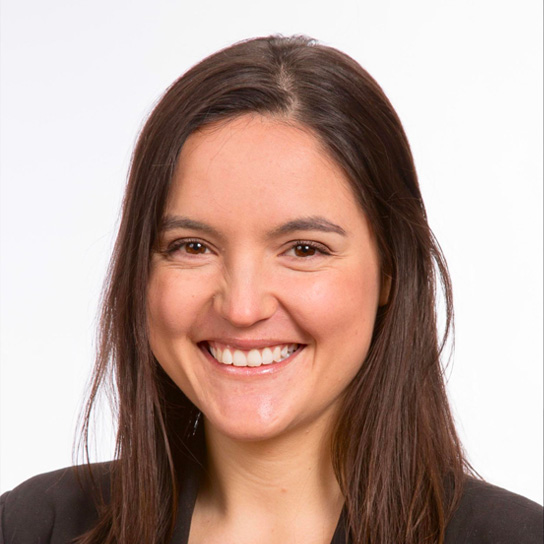 
Tania Del Rio is Executive Director for the Boston Mayor’s Office of Women’s Advancement, where she focuses on the mission of promoting gender equity by empowering women and removing systemic barriers to their advancement. Her focus is on three priority areas: economic equity, safety and empowerment. |
Tania Del Rio: Promoting Gender Equality
Childcare has always been a critical piece of our economic infrastructure, highlighted by the pandemic and the related school and childcare program closures. Early educators not only provide children crucial support for their development, they make it possible for families to join the workforce and foster economic mobility, especially women. This year, workers are juggling jobs while acquiring increased caretaking responsibilities. A recent study commissioned by our office showed it’s nearly impossible to balance. A common presence in their lives is fear: of getting sick, of losing jobs, or of not being the kind of caretakers or workers they wish to be. Our findings also support research that shows women are disproportionately taking on these added responsibilities and stress. Many have left the workforce completely; 865,000 women in September alone, four times the number of men, according to the Department of Labor. This crisis is widening the gender pay gap, too. To retain the advances women made in the workforce in the last decades, we must have a care infrastructure ready for them as they return to work. As a predominantly female workforce, we owe early educators at least the same level of support afforded to other industries, probably even more. We need them! We must act with urgency and invest in our childcare system to make it better. Employers must do their part, too, as we reimagine an equitable early education system that provides a strong start for children, economic mobility for families, and deserved recognition and compensation for early educators. |


